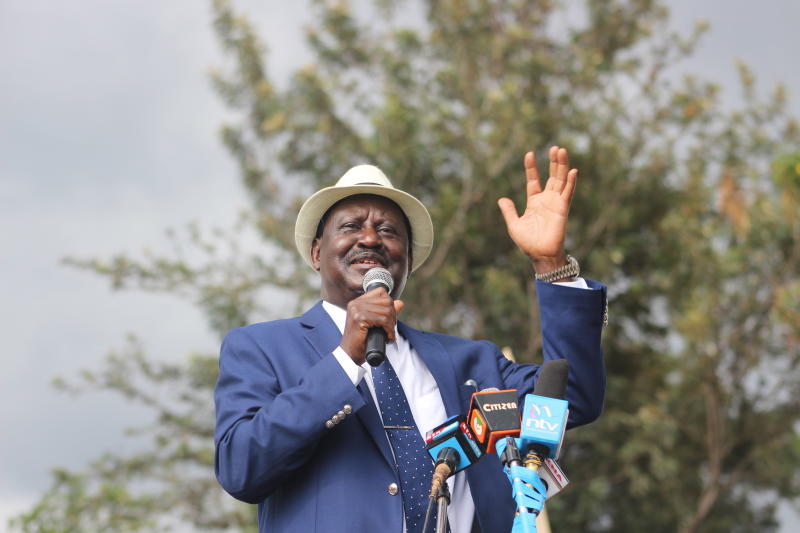
Kenya’s 2017 General Election was unprecedented and bitterly fought. Journalist JOHN ONYANDO, who served in the Opposition campaign, tells the inside story of Raila Odinga’s election machine in his book, Kenya: The Failed Quest for Electoral Justice. In the second of a three-part series, he tells how the Opposition pushed to ensure justice was served after post-election violence.
My first face-to-face encounter with Raila Odinga was in 2007. I was an official of the Kenya Union of Journalists (KUJ) which, under Secretary-General Eric Orina, became the first trade union since 1969 to endorse a presidential candidate. The meeting was at the Jaramogi Oginga Odinga Foundation offices in Upper Hill.